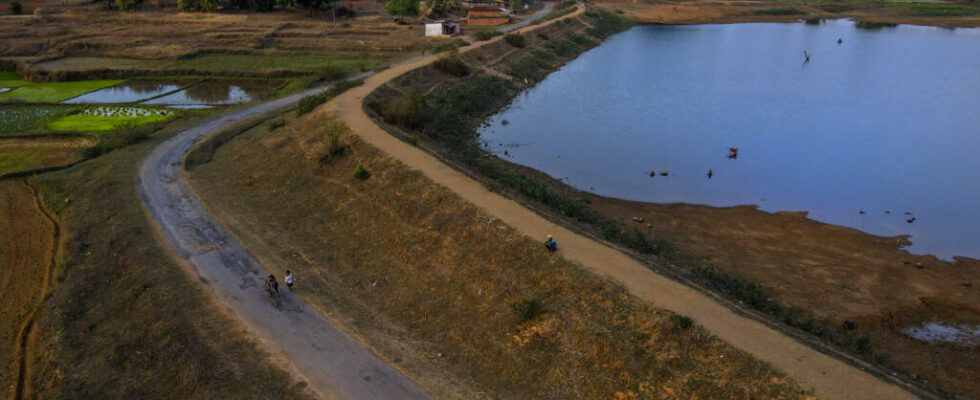In India, the murder of a reporter reignites the debate on the safety of journalists. Mukesh Chandrakar, 32, was investigating corruption in the poor state of Chhattisgarh. He was found dead on Sunday January 5. His assassin was arrested, without this calming the concerns of defenders of press freedom.
1 minute
From our correspondent in Bangalore, Como Bastin
When Mukesh did not return home after the New Year, his worried brother went to a police station in Bijapur town. His body was found by police shortly afterwards in a septic tank.
It didn’t take long to connect his murder to his work. The journalist was investigating infrastructure scandals in Chhattisgarh, a very poor state, undermined by an armed insurgency and corruption at all levels.
Shubranshu Choudhary, who heads a NGO supporting citizen journalists in the region, experienced it. “ Mukesh was a courageous journalist from underprivileged communities. It was corruption that killed him. He was murdered by his own cousin, not by local Maoist rebels. This shows how difficult it is to investigate mafia figures, who are all powerful, and often finance the local press. »
The Press Council of India, an independent public body, is calling for a full investigation into this crime, but also into the corrupt networks that the reporter was trying to denounce. According to Reporters Without BordersIndia, ranked 159 out of 180 in the world press freedom rankings in 2024, is one of the most dangerous countries in the world for investigative journalists.
Also readIndia wants to control content creators, who worry about an attack on freedom of expression
